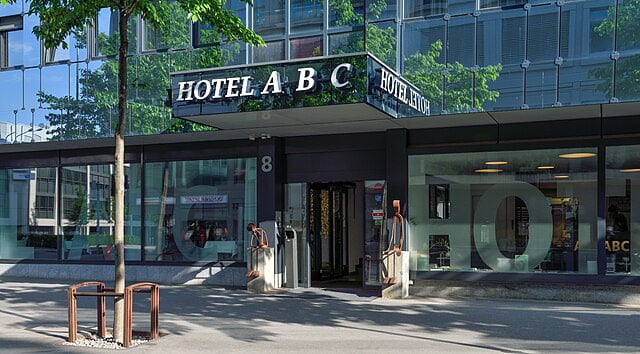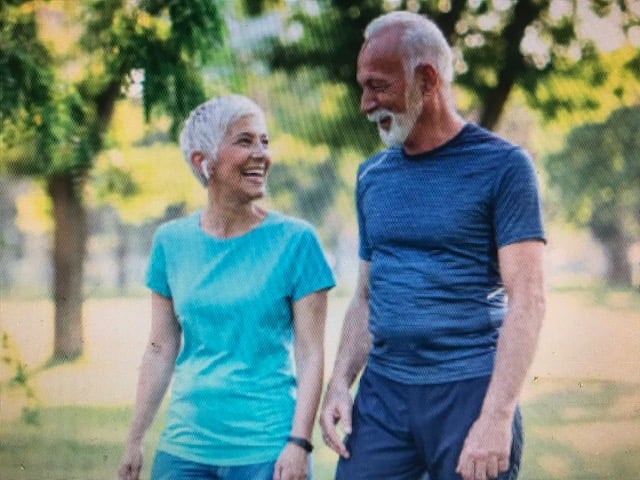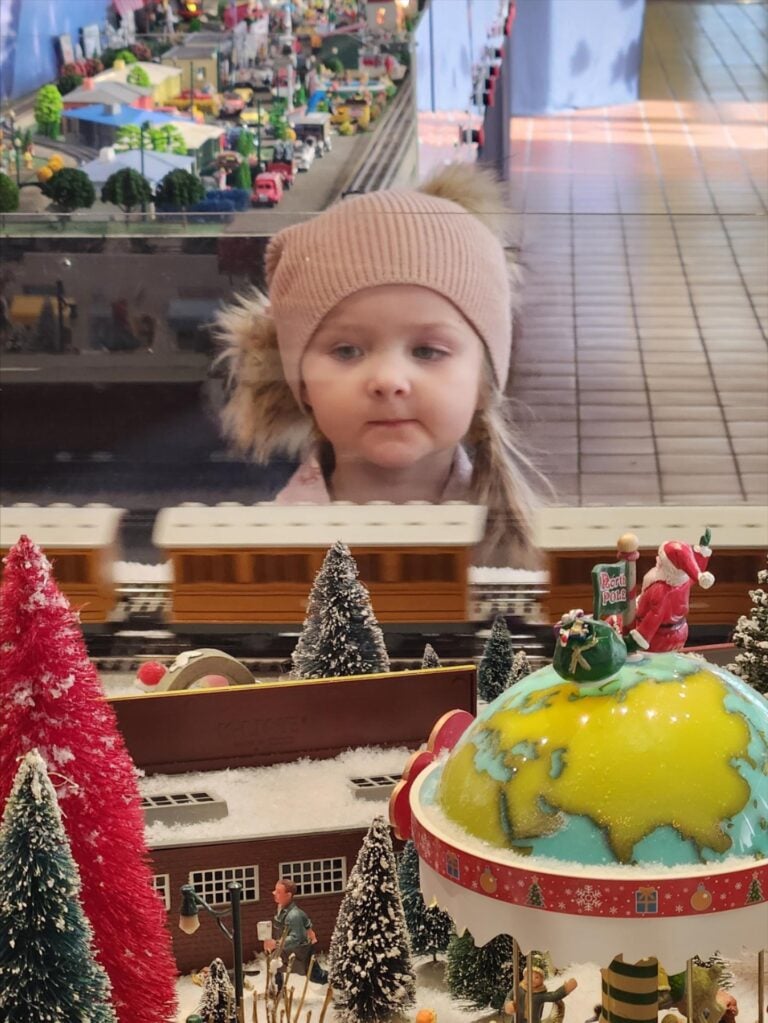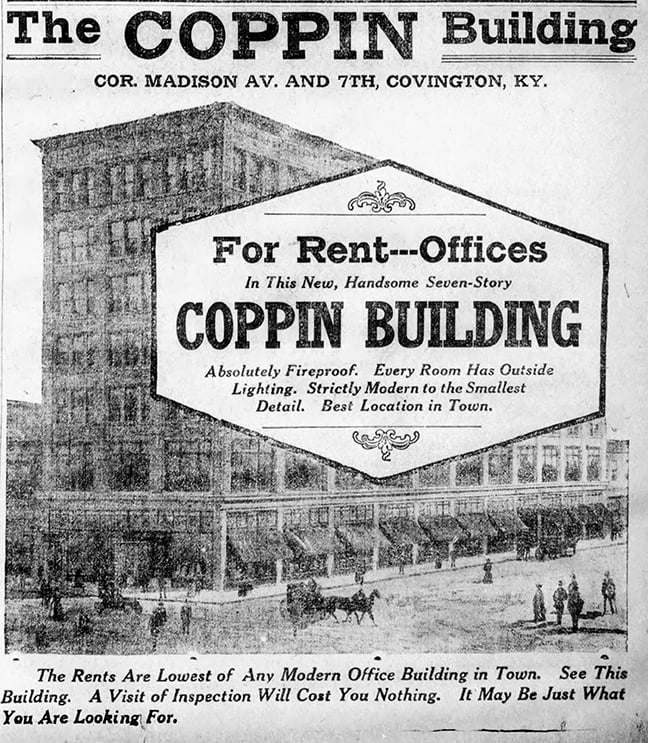SmartHealth Today Team
The text Jackie Bartley’s 17-year-old daughter sent him after his sudden cardiac arrest last February still brings tears to his eyes.
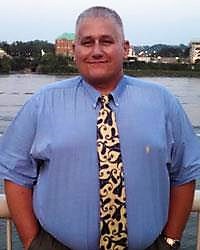
“I love you, Dad. I don’t know what I’d have done if I’d lost you. I know I don’t show it all the time, but I love you so much. God brought you back for a reason. He knows I can’t live without you. I promise you one day you will be able to live with me and I’ll take care of you … I love you, Daddy.”
It’s obvious Bartley is a man who has been forever changed.
A healthy former athlete, Bartley was a hard-driving type-A business executive when everything in his world came to an abrupt halt. During a meeting with several managers, he realized something was very wrong. “About 10 minutes into the conversation, I started feeling really weird,” Bartley said. “I was losing focus and had a surreal feeling. I was getting ready to say something and I woke up 15 minutes later on the floor in my office.”
Bartley’s coworkers had helped him to the floor and used an Automated external defibrillator (AED) – one that had coincidentally been delivered to his workplace just 45 minutes earlier, fresh out of the box, with a battery that should have been dead from shipping. No one at his workplace was trained on its use, but his coworkers figured it out and saved Bartley’s life.
After he was revived, Bartley was rushed to the Heart & Vascular Institute at St. Elizabeth Edgewood where Cardiologist Kevin Fitzgerald, M.D., was on call.
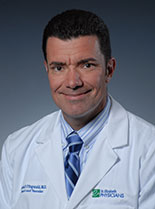
“We took him immediately to the cath lab. When someone experiences cardiac arrest, the first thing we look for is blockage in the arteries, but his arteries were clear,” explained Dr. Fitzgerald.
Diagnosing the problem
That indicated the problem was not a heart attack but rather an arrhythmia, a heart rhythm disturbance. A quick referral to an electrophysiologist – a cardiologist who specializes in the heart’s electrical system – brought Bartley to the care of St. Elizabeth Electrophysiologist Thomas P. Carrigan, M.D. He then remedied Bartley’s heart problem through the implantation of a defibrillator. Defibrillator implantation is a minimally invasive procedure that leaves a small scar of a few inches on the upper chest.
After a brief hospital stay and a few weeks at home, Bartley was back at work on light duty. Today he’s feeling better than ever, as well as eating more healthfully, walking, attending cardiac rehabilitation and talking a lot about the value of AEDs and basic life support skills, which Dr. Carrigan agrees is the big lesson to be learned from Bartley’s story.

He stresses the importance of having an AED in the workplace and of regularly checking its battery.
“It’s always important to initiate CPR to keep the body’s circulation going,” says Dr. Carrigan. “An AED is helpful during a cardiac arrest because it can identify an abnormal arrhythmia and shock the patient to restore normal rhythm.”
Bartley has learned to ease up a little on the job. He remains focused on relaying the message about what he says is really important in life.
“At the end of the day, family is the most important thing in life. That’s over your job, over material things, over everything. That’s what you live for and who is there no matter what,” he says. “I think I always knew that. But now, every day when I wake up, I’m thankful. I’m thankful for my job, but mostly for my daughter and my mother. They are the two best women in my life.”
SmartHealthToday is a service of St. Elizabeth Healthcare. For more information and additional articles, click here.











